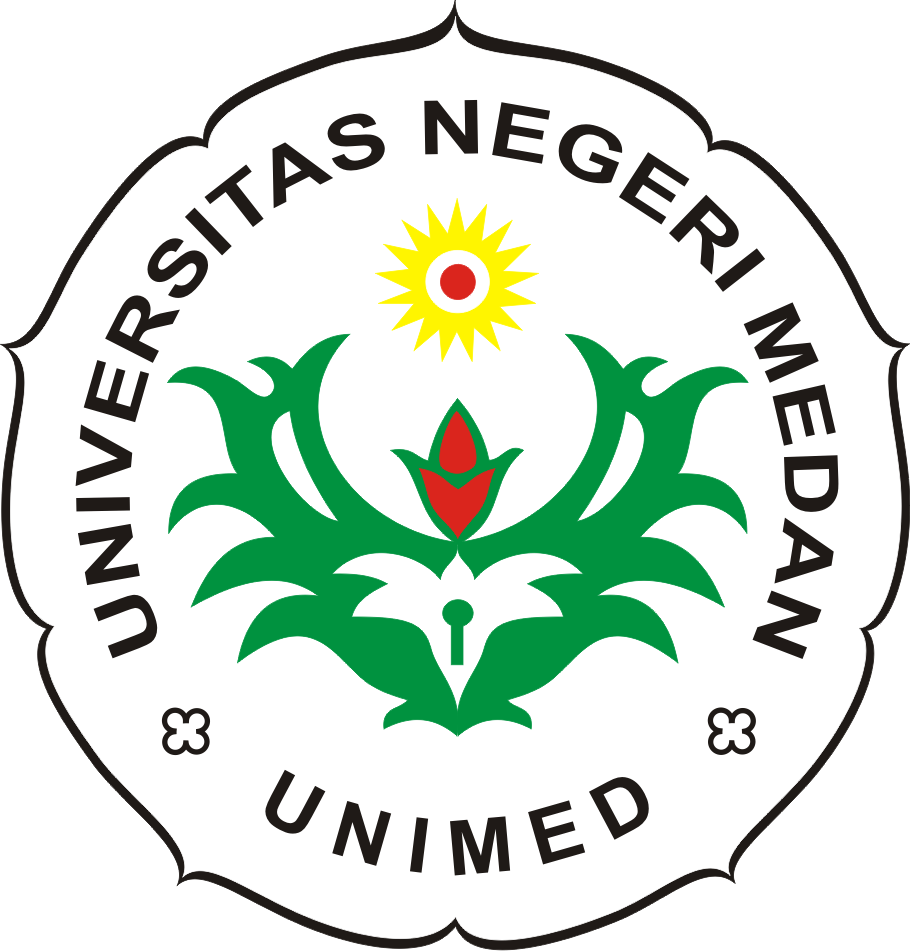THE APPLICATION OF RECIPROCAL TEACHING METHOD IN IMPROVING STUDENTS™ COMPREHENSION ACHIEVEMENT IN READING RECOUNT TEXT
DOI:
https://doi.org/10.24114/reg.v2i1.634Abstract
The objective of this study is to investigate whether the application of ReciprocalTeaching Method significantly improves the students™ achievement on readingcomprehension recount text. This study was conducted by using classroom actionresearch. The subject of this research was the second grade of SMP Istiqlal Deli Tuawhich consisted of 36 students. The research was conducted in two cycles. The firstcycle consisted of three meetings and second cycle consisted of three meetings. Theinstruments for collecting the quantitative data were multiple choice and essay test forreading and the instruments for collecting the qualitative data were observation sheet,interview sheet, questionnaire sheet, and diary notes. Based on the analysis, students™achievement was improved in every test. In test I, the mean score was 67.11. In test II incycle I, the mean score was 74.67, and in the test III in cycle II, the mean score was82.78. Based on the observation sheet, interview sheet, questionnaire sheet, and diarynotes, it was found that the teaching learning process ran well. The students were moreactive and enthusiastic in working in group. It was concluded that Reciprocal TeachingMethod can improve the students™ achievement in reading recount text.Downloads
Published
Issue
Section
License
Authors who publish with this journal agree with the following terms:
- Authors retain copyright and grant the journal right of first publication with the work simultaneously licensed under a Creative Commons Attribution License that allows others to share the work with an acknowledgment of the work's authorship and initial publication in this journal.
- Authors are able to enter into separate, additional contractual arrangements for the non-exclusive distribution of the journal's published version of the work (e.g., post it to an institutional repository or publish it in a book), with an acknowledgement of its initial publication in this journal.
- Authors are permitted and encouraged to post their work online (e.g., in institutional repositories or on their website) prior to and during the submission process, as it can lead to productive exchanges, as well as earlier and greater citation of published work (See The Effect of Open Access).
- This work is licensed under a Creative Commons Attribution-ShareAlike 4.0 International License.






